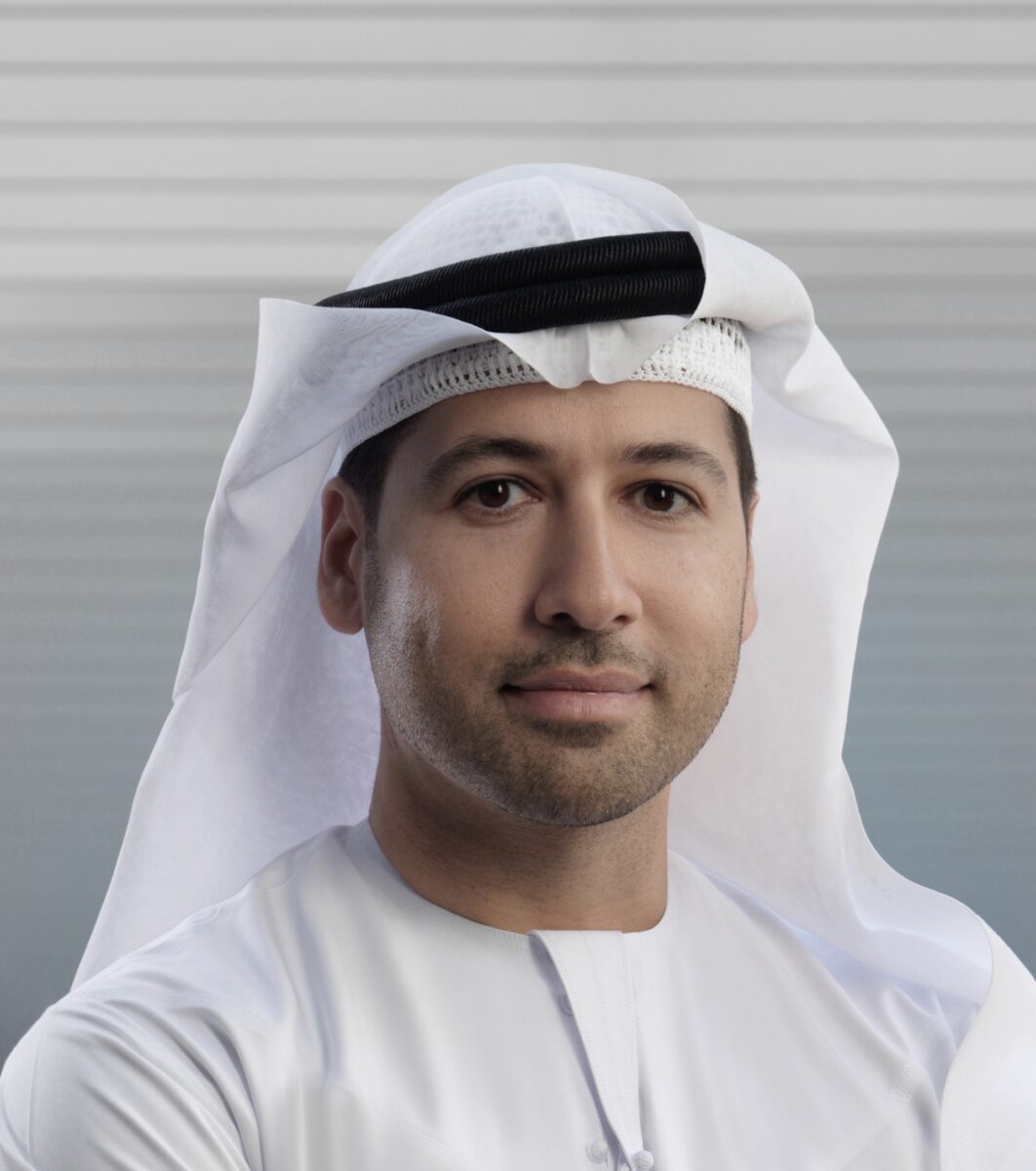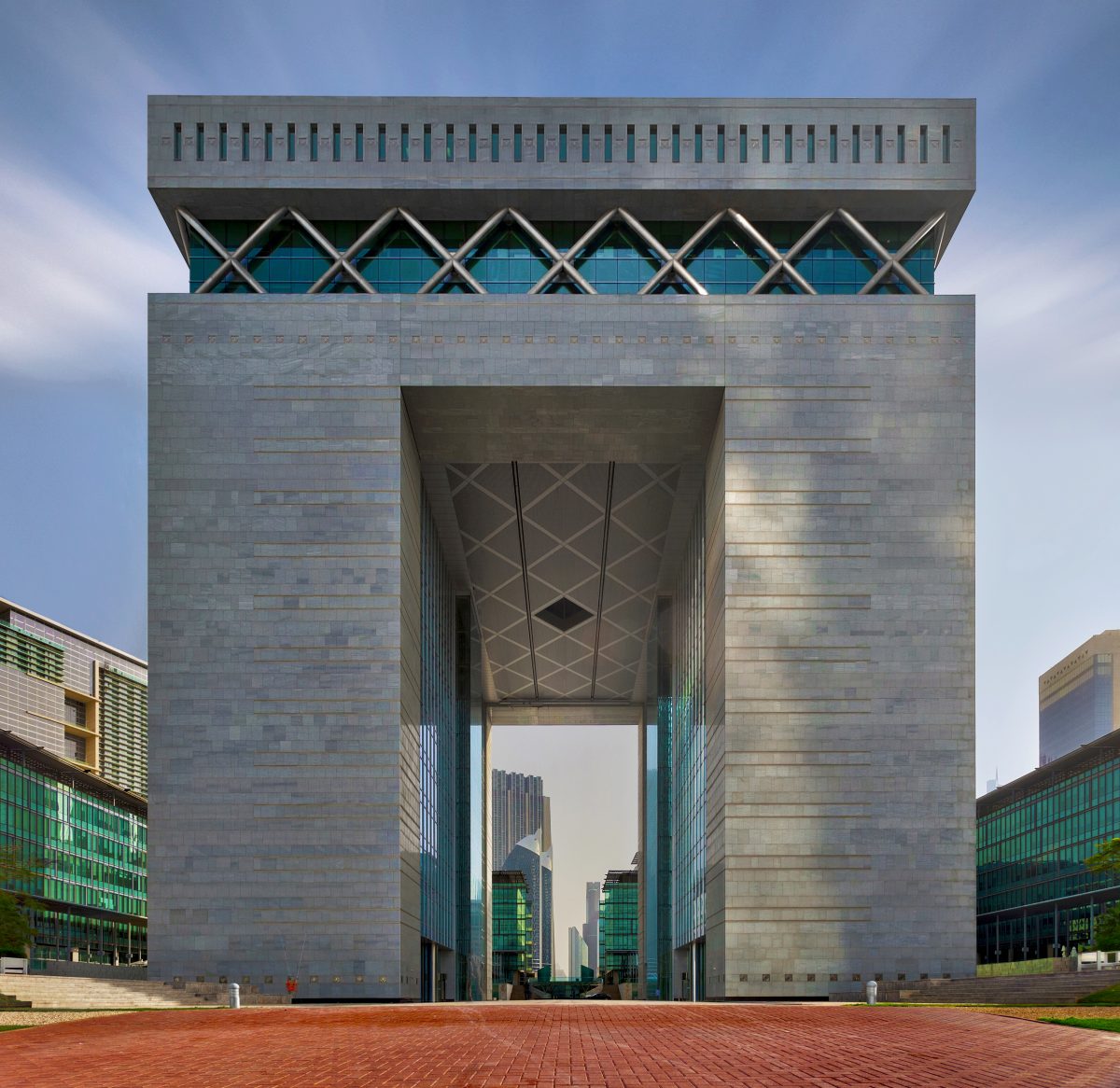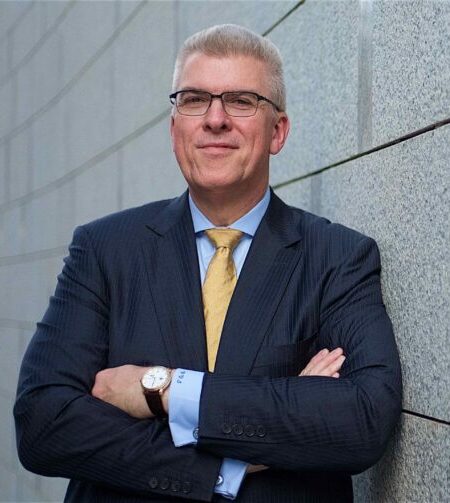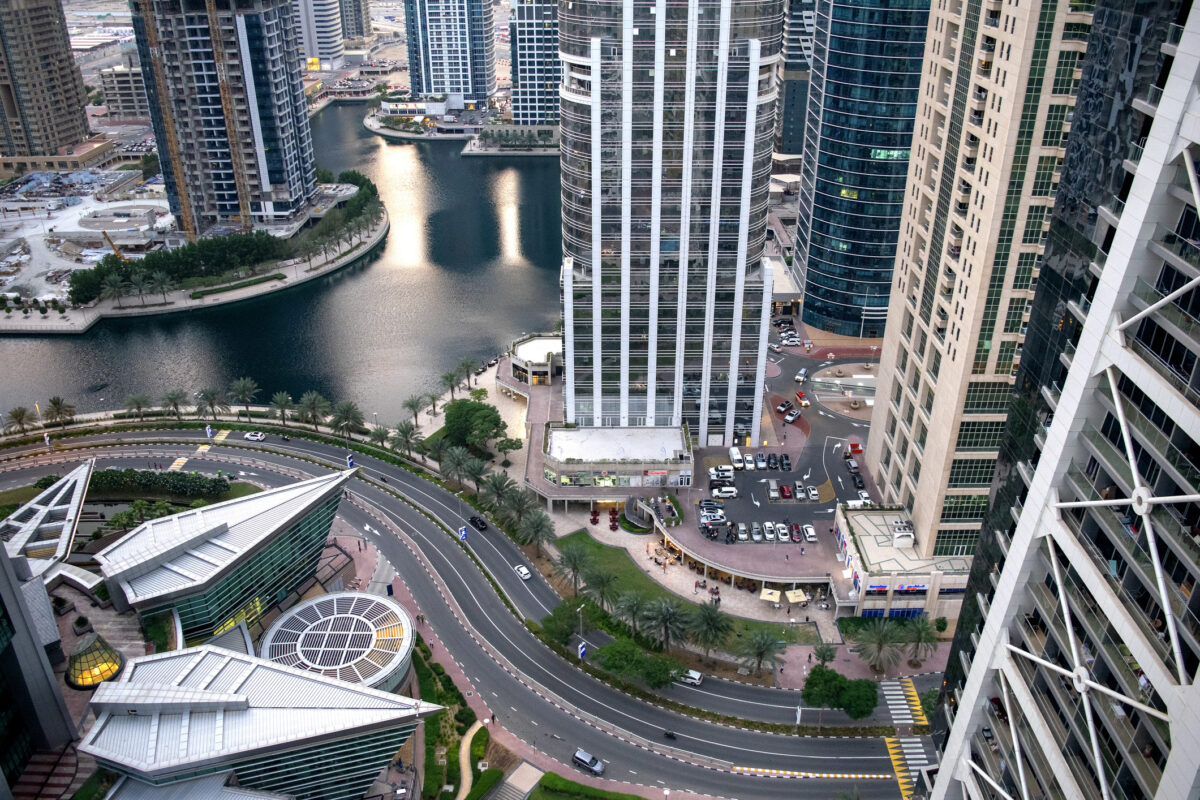Dubai, the largest city in the United Arab Emirates (UAE), is not only the country’s financial and commercial hub but has become one as well for both the Middle East region and beyond. It is no secret of the once small fishing village solidifying its place in the global stage – both its aspirations as well as its successes. In fact, Dubai’s humble beginnings have, at present, secured a seat in the global stage as a global hub. Despite the coronavirus taking over the globe, fintech has been moving along in the global stage with economic hubs like Dubai.
Dubai International Financial Centre (DIFC)

The crown jewel in Dubai’s wider financial services success and global hub status in the global economy is the Dubai International Financial Centre (DIFC). According to Arif Amiri, Chief Executive Officer of DIFC Authority, “During the first half of 2020, we saw tremendous growth in our fintech client base. Over 80 new fintech companies were licensed in the first half of the year. We’re now home to more than 50 per cent of fintech companies in the Middle East and North Africa (MENA).”
There have been noticeable investment wins for Dubai, both in foreign direct investments (FDI) and also within the wider fintech ecosystem. DIFC itself overall had a total of 310 new companies registered in the first six months of the year, representing an impressive 25% increase from last year, thereby taking the total number of active registered companies in the DIFC to 2,584. A notable new regional office announcement was Startupbootcamp as well as leading Saudi Arabian bank, Samba Financial Group, who is opening an office in DIFC – the first Saudi bank to do so. As far as new partnership in fintech and Memorandum of Understanding (MOU), that has included the likes of one of China’s first Fintech innovation and entrepreneurship platforms, Jiaozi Fintech Dreamworks.
DIFC is the leading global financial centre in the Middle East, Africa and South Asia (MEASA) region with a vision to drive the future of finance. It is in fact the only one from MEASA in the world’s top ten leading financial centres, ranking in at eighth place, joining other financial hubs such as London, Singapore, Hong Kong and New York City, according to the Global Financial Centre’s Index.
“Global fintech investment represented $137.5 billion USD invested in 2019 (PwC) and the number of fintech companies in the MENA region will reach 1,845 by 2022. DIFC will continue to open up avenues for digital transformation and create new pro-tech creative platforms to service the needs of the 3 billion population of the MEASA. For organisations keen to capitalise on these emerging markets, fintech presents a multibillion-dollar opportunity to bank on the future of an ambitious and dynamic region,” adds Amiri.
With regards to the current situation, Amiri says, “During the CoVID-19 pandemic, the fintech sector continued to grow in DIFC. We supported potential and existing clients with a stimulus package, allowing them to come out of the pandemic financially stronger. As a result of the pandemic, we’ve seen financial services related companies accelerate their digital agendas. Technology and innovation will support post pandemic recovery and deliver sustainable economic growth. We will work with our fintech start-ups and established financial firms to positively disrupting the landscape so they can contribute to Dubai’s ambitious economic growth plans.”

From a regulatory and legal context, Dubai has also been active. Dubai Financial Services Authority (DFSA) is an independent regulator of financial services conducted in and from DIFC.

According to Bryan Stirewalt, CEO at DFSA, “This year, businesses around the world have undergone accelerated digital transformations. Years of technology investments paid off during the pandemic period, particularly for the financial services industry. As regulators, we have had to make significant and necessary changes to ensure that we continue to be effective in meeting our regulatory objectives. We moved quickly to understand the impact of current events on financial institutions, adjusting certain regulatory requirements in order to enable financial institutions to utilise new technologies.”
In terms of what DFSA’s activities this year, Stirewalt says, “In January, we launched our Cyber Threat Intelligence Platform (DFSA TIP). It is the first regulator-led platform of its kind in the region and has created an information sharing system for firms in DIFC through public-private partnerships. Since its launch, over 130 organisations have registered to use the platform and 1.6 million attributes for 56,806 cyber threats are now posted to it. We continue to grow the platform and are looking to extend it to the wider financial services community in the region. Supporting the development of fintech and encouraging innovation within the DIFC forms an important part of our focus on the future of finance. Fostering a culture of innovation through our Innovation Testing Licence (ITL) Programme enables us to diversify the ecosystem of the DIFC and the types of financial services offered.”
DIFC FinTech Hive, MEASA’s first and largest financial technology accelerator, announced it attracted an unprecedented 620 applications from across the globe for the fourth cohort of the annual accelerator programme, up from 425 applicants from last year, with specialisms including fintech, insurtech, regtech and Islamic fintech with the technologies ranging from contactless payments, digital identification, corporate solutions including treasury management, credit-underwriting automation, data management and analytics.
The DIFC Academy, also based in DIFC and caters to the learning needs of the financial services industry, has had its own developments. For instance, DIFC Academy and LexisNexis MENA announced a new strategic partnership with two new initiatives: The Annual Technology Adoption Index and The Legal Tech Glossary. Another recent partnership is DIFC Academy and Thomson Reuters MENA that aims to substantially boost the knowledge of legal technologies and legal research tools and their use in the region.
The rest of Dubai’s Fintech and Wider Tech and Economic Ecosystem beyond DIFC
With wider tech infrastructure, international construction consultancy, Linesight, with its regional office in Dubai, announced this past July several new data centre contract wins in the Middle East, growing the value of its active projects to over $500 million. Ciaran McCormack, the Regional Director for the Middle East, Linesight, commented, “Globally, the data centre market has increased exponentially in recent months as a result of CoVID-19 and the way the business world now interacts. Increased reliance on the internet due to stay-at-home measures, remote working, and social distancing have all contributed to an increase in market demand.”

The Gulf Cooperation Council (GCC) data centre market is expected to reach revenues of over $2 billion by 2025 with a cumulative revenue opportunity for data centre power infrastructure providers of $1 billion during 2019-2025. It is important for the UAE as a whole to have the most innovative and latest digital infrastructure, where it was ranked as the 12th globally as far as digital competitiveness and how it overall has become a leader in digital transformation, all thanks to its forward thinking and aspirations to be so years ago, highlighted in a separate piece by us at The FinTech Times.
Dubai attracted $3.26 billion in foreign direct investment (FDI) through 190 projects during the first half of this year, according to the Dubai Investment Development Agency (Dubai FDI) of Dubai Economy, despite the ongoing pandemic. The sectors that have attracted investments include technology, e-commerce and pharmaceuticals. As the Dubai economy slowly opened up following Co-VID 19 restrictions, the non-oil economy of the Emirate expanded for the first time in July since the began.
There have also been significant funding announcements. There is of course DIFC’s investments in four fintech start-up companies from its $100 million Fintech Fund (Flexxpay, Go Rise, Sarwa and NOW Money). Other examples of exciting funding announcements included:
- Mamo Pay – raised $1.5 million USD in a seed funding round led by Global Founders Capital (a global VC with 15 offices across the world) with the participation of Global Ventures, VentureSouq, MSA Capital, Dubai Angel Investors, 500 Startups, and other angel investors
- Tabby – buy now pay later technology secured $7 million USD funding
- Yallacompare – insurance aggregator insuretech company securing $4.25 million USD from Gulf Insurance Group (GIG)
A recent Magnitt H1 2020 Mena Venture Investment Report revealed the UAE continues to enjoy the top spot by receiving the largest share of total funding as a result of several later-stage investments in the startup ecosystem. This was followed by Egypt, which ranked first by number of deals, and Saudi Arabia.
AstroLabs is the first tech hub that is partnered with Google in Dubai. According to Muhammed Mekki, Founding Partner at AstroLabs, “At AstroLabs we are seeing increased interest by local entrepreneurs to found fintech companies in Dubai. Some recent examples of successful AstroLabs fintech alumni include NEO Technologies, a leading regional digital investment solutions provider; Mamo Pay, peer-to-peer payments platform; and Now Money, a tech-based banking and remittances solution for the unbanked. Each of these companies is navigating the local regulatory challenges to provide much-needed innovative products to the financial sector in the MENA region.” To note, Astrolabs announced earlier this summer they would be supporting companies through two financial programmes: Google Digital Upskill & Startup Acceleration Scholarship Programs and Tech Startup Grants.

Dubai-based companies were also active in mergers & acquisitions (M&As) in the Middle East & Africa (MEA) region and beyond. For instance, Tpay acquired Turkey’s Payguru to expand its footprint. Also, one of Africa’s leading payment service providers based in Nairobi, Kenya, DPO Group, will be acquired by Dubai-headquartered and London Stock Exchange (LSE) listed Network International.
Despite Co-VID 19, many events migrated virtually, as did much in the rest of the world. They have included various trade missions, events and other conferences. For instance, Dubai Chamber of commerce and Industry organised 63 business webinars in the second quarter of 2020, which were attended by 3,500 global business leaders, investors and industry stakeholders; its global representative offices in Africa, Eurasia and Latin America also held 533 virtual meetings with potential future investors to Dubai.
Dubai, which last year received over 16 million tourists, is slowly reopening the economy like much of the rest of the world. The city’s first major LIVE IN-PERSON business event, The Ai Everything x Restart Dubai Summer Conference was held on 16th July 2020 at the Dubai World Trade Centre (DWTC). Under the Patronage of His Highness Sheikh Mohammed bin Rashid Al Maktoum, the Vice President and Prime Minister of the UAE and Ruler of Dubai, the event was hosted by the National Program For Artificial Intelligence.
The UAE is the first nation in the world to have a State Ministry for Artificial Intelligence (AI) back in 2017 with the appointment of H.E. Omar bin Sultan Al Olama; he was one of the distinguished speakers amongst other high-profile individuals that included HE Helal Saeed Almarri – Director General of Dubai World Trade Centre and Department of Tourism and Commerce Marketing, HE Dr. Abdulla al Karam – Knowledge and Human Development Authority (KHDA) and HE Reem Ebrahim Al Hashimy – UAE Minister of State for International Cooperation and Director General, Dubai Expo 2020.
Despite the on-going global challenges, Dubai has shown in its fintech and wider economy that business can be done as usual – when possible of course. It has been a challenging year for the global economy but the successes that have happened should be celebrated and reflected on as well.




